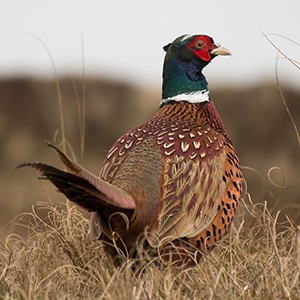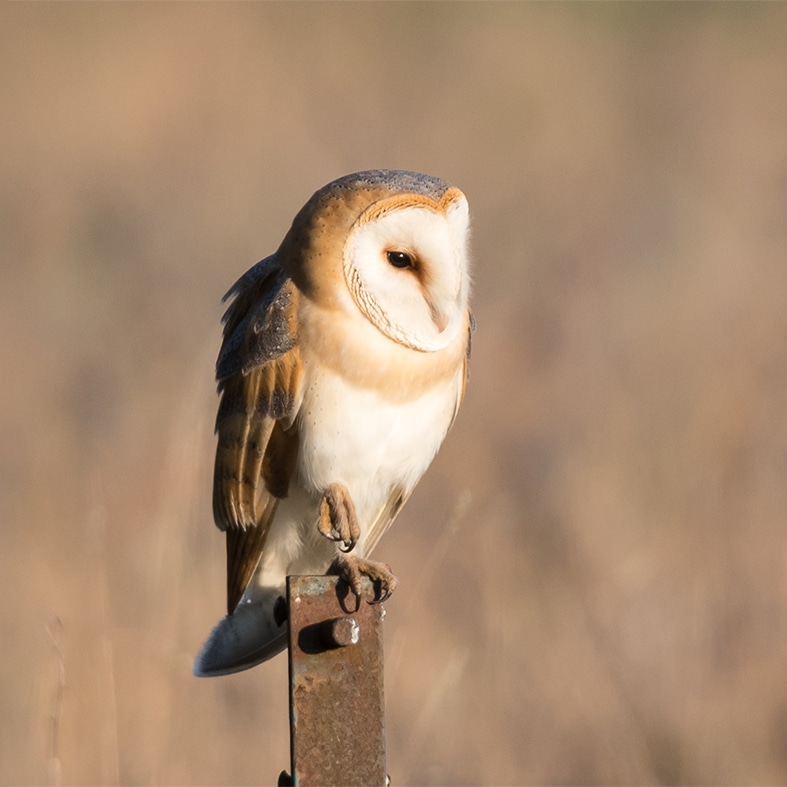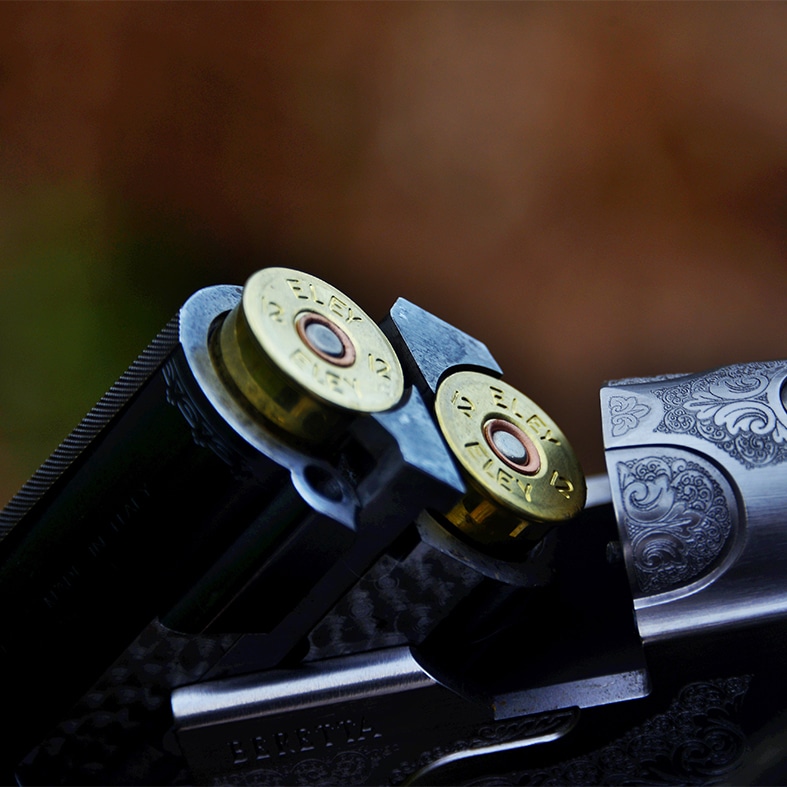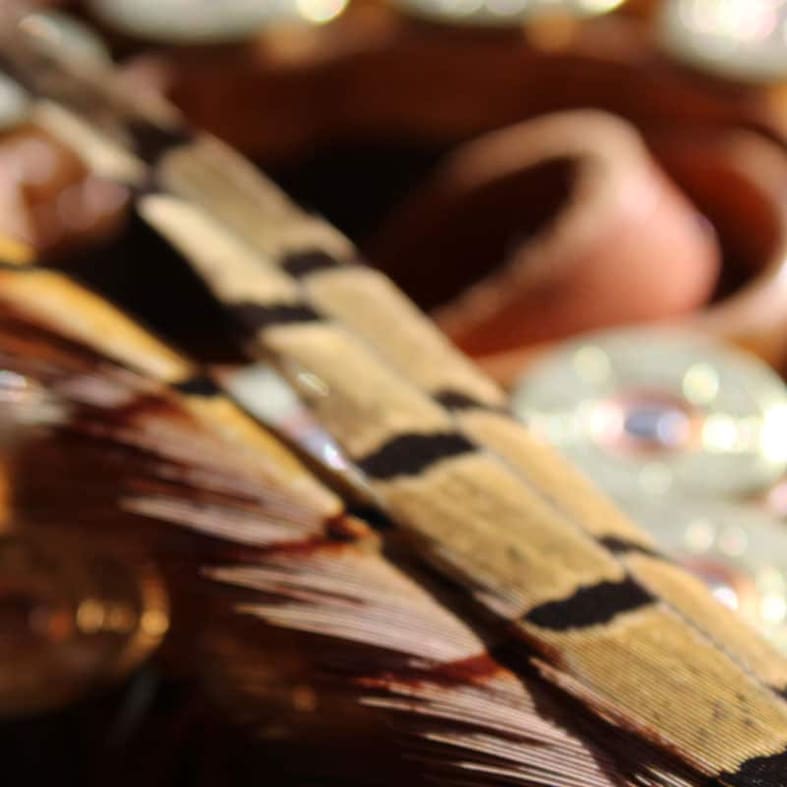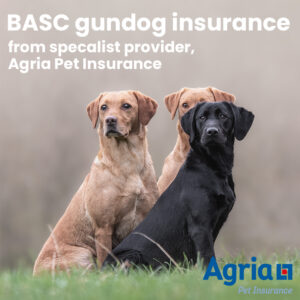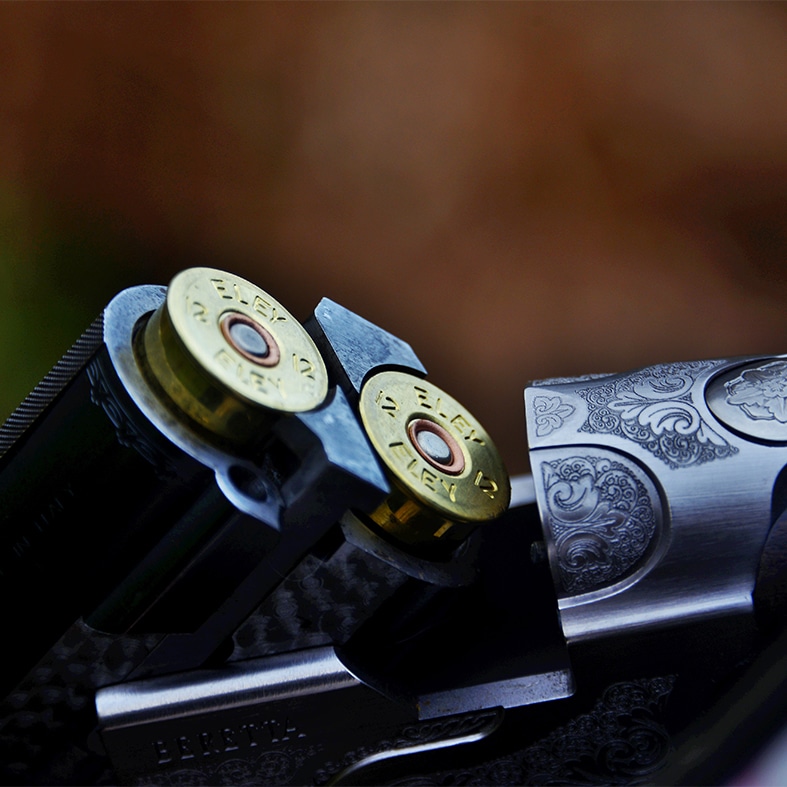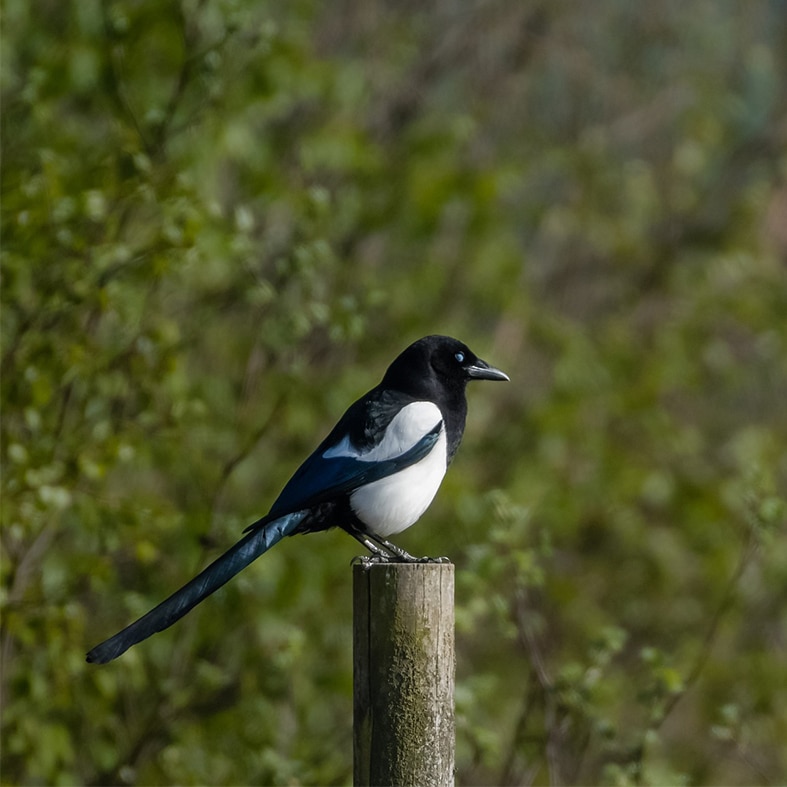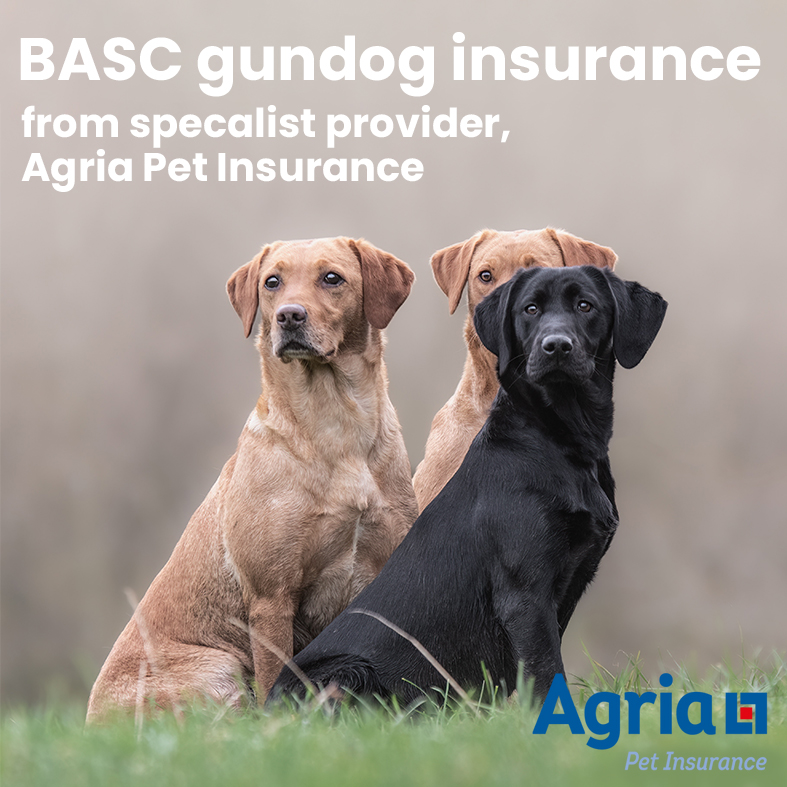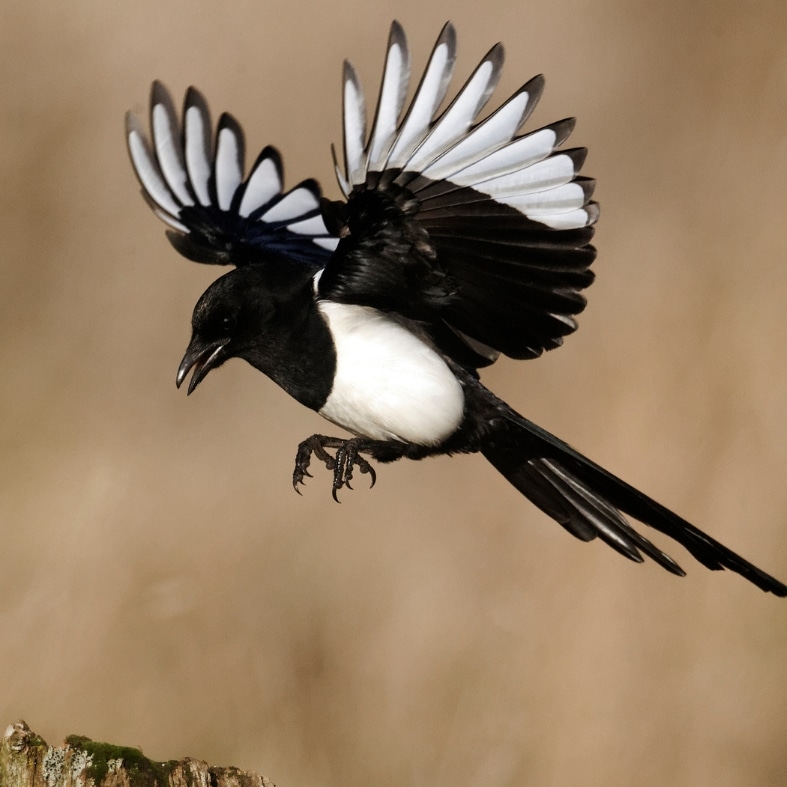

Wales
Natural Resources Wales (NRW) grants licences to control wild birds for purposes listed in section 16 of the Wildlife and Countryside Act 1981 (as amended). These licences are for:
- Conserving wild birds
- Protecting any collection of wild birds
- Preserving public health, public safety, air safety
- Preventing spread of disease
- Preventing serious damage to livestock, foodstuffs for livestock, crops, vegetables, fruit, growing timber, fisheries, or inland waters – unless you wish to control fish-eating birds.
- Conserving flora and fauna.
To apply for a licence to control wild birds, you will need to complete the application form AFB01. Before applying, ensure that you have tried all the non-lethal control methods, or at least considered them, as advised on NRW’s website. Details of the method used or considered, and the efficacy of the method will have to be provided during the application process.
As part of the application, you will need to specify the lead licensee – who must be the owner/occupier of the site/land in question or a representative of the owner/occupier.
If the lead licensee is employing a third party, such as pest control services to carry out the work specified on the licence, that person should be named as ‘licence authorised persons’ on section 2 of the form. Details of previous applications for licences will also be requested.
The proposed activity details will be required which includes the type of land where the licence would be used, the purpose for control, the proposed control actions, the species that you wish control and what numbers have been observed.
The nature and extent of the problem requires details and evidence in the form of photographs or videos, unless there is a genuine reason not to. If these cannot be provided a reason for this needs to be stated on the application.
FAQs
There is a fixed charge of £133 unless a waiver applies.
Photographic or video evidence unless there is a genuine reason for not doing so. If this is the case, you will have to state why.
In relation to magpies, a suggested form of evidence is your written record of actions taken under the general licence which previously permitted the taking of magpies. This should have included:
- any action taken to address the problem using non-lethal alternatives to licensed action;
- the reasons why it was decided that non-lethal alternatives were not sufficient to address the problem;
- the date(s) and location(s) of licensed action taken;
- the number of birds/eggs/nests killed/taken/damaged/destroyed and the method(s) used.
NRW aims to determine the result of an application in 30 working days.
At the end of your licence, you need to complete an end of licence report form, RFB01, issued by NRW within four weeks after the licence expiry date. These can be found on the NRW website.
BASC Wales office.
In certain specific circumstances, the Wildlife and Countryside Act 1981 provides a defence to killing or taking of a wild bird other than a bird included in Schedule 1, if a person carrying out such actions can show such action was necessary for the purpose of: preserving public health or public or air safety, preventing the spread of disease; or preventing serious damage to livestock, foodstuffs for livestock, crops, vegetables, fruit, growing timber, fisheries or inland waters and that there was no other satisfactory solution.
However, there are some reasons that the defence cannot be relied on. These include if a licence under section 16 of the Wildlife and Countryside Act 1981 had not been applied for as soon as reasonably practical or if a licence application has been determined.
As part of the defence you need to have notified the agricultural Minister as soon as possible after taking the action. The current agricultural Minister is Lesley Griffith MS. This defence is not available for certain species of birds – see Schedule 1 WCA 1981.
To contact NRW relating to licences specieslicence@naturalresourceswales.gov.uk.
Share
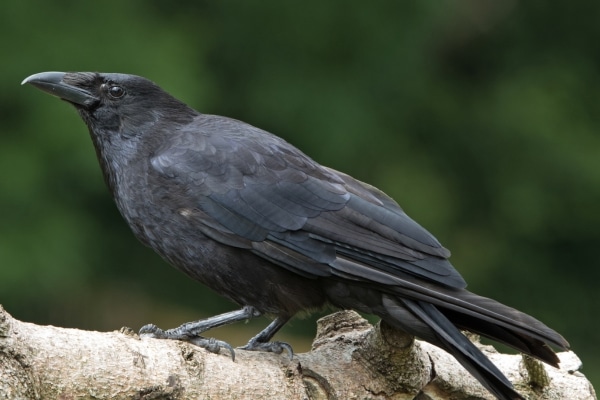
Scotland
All the latest news and advice concerning general licences, in Scotland, and how they affect you.
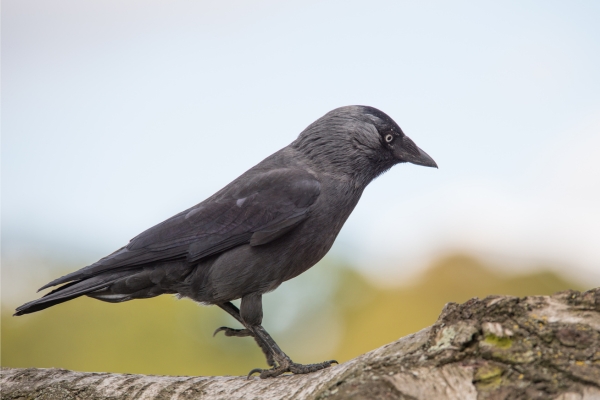
Wales
All the latest news and advice concerning general licences, in Wales, and how they affect you.
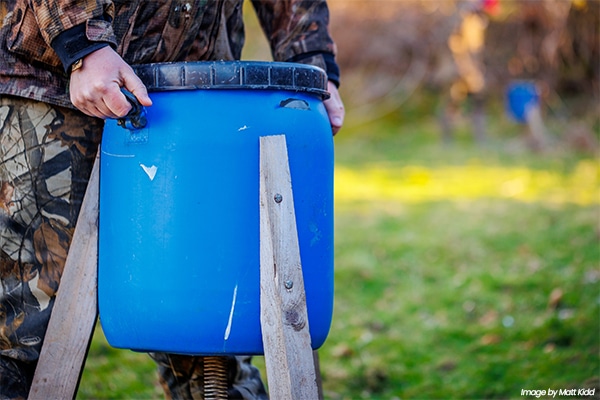
Gamebird release licensing
Read our advice and guidance on releasing pheasants and red-legged partridges on or near SACs and SPAs in England.
